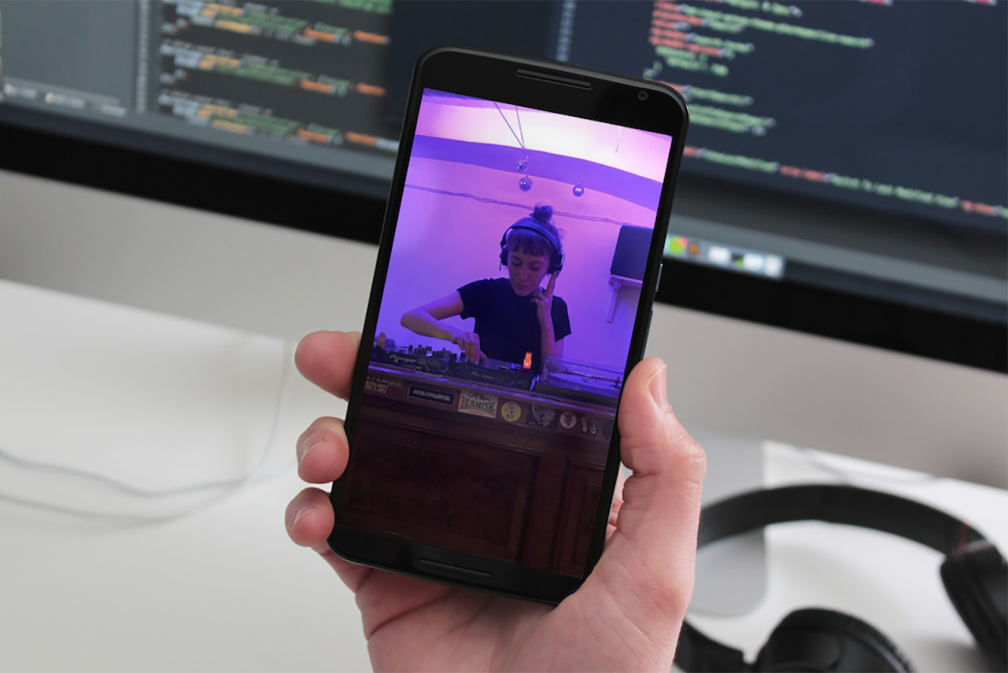 Voice
Voice
The China Plug: The champagne wars continue as China moves clubbing to cyberspace
As China stays home, clubs are looking for ways to monetise livestreaming
With the cancellation announcements of Ultra Miami, Tomorrowland Winter and now Coachella, it's become official; COVID-19 is a ruthless vibe killer. And as the coronavirus moves on from Asia and spreads across the rest of the world, the impact it's left behind on China's dance music and clubbing industry has been devastating with DJs, promoters and clubgoers forced to adapt to the negative effects.
It has been over a month since nightclubs in China have closed their doors, bringing a thriving nightlife that previously operated seven days a week to a halt. Dozens of tours and several large scale festivals from around the region scheduled for Q1 and Q2 of 2020 have been postponed or cancelled.
We've gotten no breaks here in the Middle Kingdom. It's been hard enough navigating through the ever-changing terrain of regulations, permits and more — then boom, we're hit by a pandemic. Now the coronavirus has been crippling China's dance music and clubbing industry and to survive, the players in the game will need to be agile, creative and adapt if they want to weather the storm (or be holding onto a fat war chest).
And many have indeed adapted. With the majority of young people stuck at home on their smartphones, the livestream party trend has evolved. TAXX, one of Shanghai's top nightclubs, held a successful livestream party, which gained tens of thousands of viewers and generated a whopping income of approximately US$100,000. The earnings were donated to Wuhan relief efforts.
Dozens if not hundreds of clubs around China have followed suit. From some of the more alternative underground clubs such as Elevator and 44KW to the mega clubs like 1/3 and Linx, everyone is jumping into cyberspace and bringing the party to people's phone screens. It has actually been nice to see China's dance music community get so involved, with fans engaging and having fun in the discussion section of online chats. What has been even more interesting is to see China's champagne war club culture continue in these online streams, in the form of digital gifting.
Viewers have been battling each other to see who can send the most gifts (or blow the most cash). The names of the gift-givers get pinned to the top of the stream, and the more gifts you give, the longer your name appears at the top, which could also be seen as a strategy to attract the opposite (or the same) sex. This can also get you more followers on your profile page.
Astonishingly, this whole new market has exploded overnight. Platforms such as Douyin and LOOK are pushing the trend hard as they make a percentage of all the gifts spent. SHFT has also been running live stream DJ sets out of a barbershop two to three times a week and partnering up with brands to monetise the initiative and keep the bags coming in during these dark times.
2020 is looking like it's going to be the year of digital experiences, and these livestream parties are just the beginning. It will be interesting to see if virtual festival experiences begin to gain traction, which was probably coming in the near future anyway, but delivery could be speeding up as a result of the circumstances.
When the smoke clears, it will also be interesting to see who is left standing and how the market is altered — and if the changes are permanent. Perhaps it could even result in the reset that China's dance music and nightclub industry has been so desperately in need of.
[Image via PFSK]


